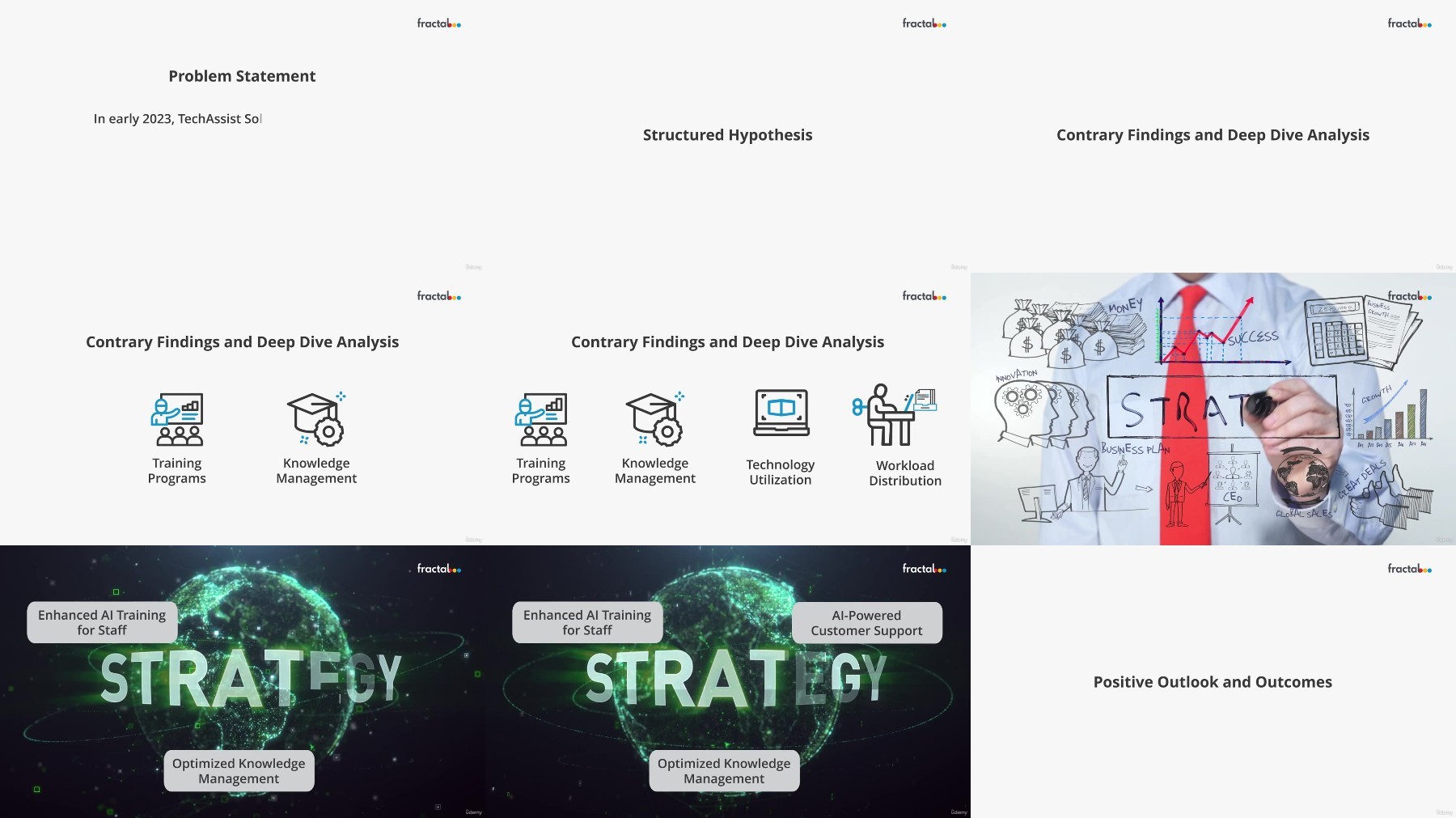Prompt Engineering With Gemini For Beginners

Prompt Engineering With Gemini For Beginners
Published 7/2024
MP4 | Video: h264, 1920x1080 | Audio: AAC, 44.1 KHz
Language: English | Size: 547.05 MB | Duration: 0h 42m
Leverage Google Gemini For Repetitive Tasks
What you'll learn
Explain fundamental concepts of AI and large language models
Identify the key features and capabilities of Gemini
Describe the concept of prompt engineering and its role in using Gemini
Apply various prompt engineering techniques to achieve specific creative goals with Gemini.
Evaluate the results generated by Gemini and refine prompts for optimal outcomes
Create a project using Gemini and prompt engineering to demonstrate their acquired skills
Requirements
Basic knowledge of Gen AI tools like MS Copilot and GPT 3.5 and GPT 4
Description
This course is designed for individuals with an interest in artificial intelligence (AI) and its applications, particularly those curious about large language models (LLMs) and their creative potential.In the age of Gen AI, Google Gemini is fast emerging as a contender to the popular options like GPT and CoPilot, offering the same environment of mails, documents and storage. With these features, Gemini has added more firepower to its arsenal and will prove worthy in the Gen AI race in the individual market space.Since the usage of Gmail is already high, the usage of Gemini will only bolster our usage of the Google suite effectively in terms of writing mails, marketing, and organizing files and folders.By the end of this course, learners will be able to:Explain fundamental concepts of AI and large language models (LLMs). (Knowledge)Identify the key features and capabilities of Gemini. (Comprehension)Describe the concept of prompt engineering and its role in using Gemini. (Analysis)Apply various prompt engineering techniques to achieve specific creative goals with Gemini. (Application)Evaluate the results generated by Gemini and refine prompts for optimal outcomes. (Evaluation)Create a project using Gemini and prompt engineering to demonstrate their acquired skills. (Creation)
Overview
Section 1: Introduction
Lecture 1 Introduction
Lecture 2 Search Engines Vs. Chatbots
Lecture 3 AI Is Here to Stay!
Lecture 4 Introducing Gemini!
Lecture 5 Google Gemini AI: Meaning, Capabilities, and Use Cases
Section 2: Introducing Gemini - Google's Multimodal Mastermind
Lecture 6 What Is Gemini?
Lecture 7 Features and Functionalities of Gemini
Lecture 8 Integrating Gemini into Workflows and Decision making
Lecture 9 How to use Google's new Gemini AI with Gmail, Google Docs, and more
Lecture 10 How to Unleash Your Writing Potential with Google Gemini
Section 3: Mastering the Art of Prompt Engineering
Lecture 11 What Is Prompt Engineering and How Does It Work?
Lecture 12 Prompt Engineering Techniques
Lecture 13 The Case Study
Lecture 14 Overcoming Limitations of Large Language Models
Lecture 15 Google Gemini Cheat Sheet Hacks
Section 4: Putting It All Together: Hands-on Projects with Gemini
This course is designed for individuals with an interest in artificial intelligence (AI) and its applications, particularly those curious about large language models (LLMs) and their creative potential.

What you'll learn
Explain fundamental concepts of AI and large language models
Identify the key features and capabilities of Gemini
Describe the concept of prompt engineering and its role in using Gemini
Apply various prompt engineering techniques to achieve specific creative goals with Gemini.
Evaluate the results generated by Gemini and refine prompts for optimal outcomes
Create a project using Gemini and prompt engineering to demonstrate their acquired skills
Requirements
Basic knowledge of Gen AI tools like MS Copilot and GPT 3.5 and GPT 4
Description
This course is designed for individuals with an interest in artificial intelligence (AI) and its applications, particularly those curious about large language models (LLMs) and their creative potential.In the age of Gen AI, Google Gemini is fast emerging as a contender to the popular options like GPT and CoPilot, offering the same environment of mails, documents and storage. With these features, Gemini has added more firepower to its arsenal and will prove worthy in the Gen AI race in the individual market space.Since the usage of Gmail is already high, the usage of Gemini will only bolster our usage of the Google suite effectively in terms of writing mails, marketing, and organizing files and folders.By the end of this course, learners will be able to:Explain fundamental concepts of AI and large language models (LLMs). (Knowledge)Identify the key features and capabilities of Gemini. (Comprehension)Describe the concept of prompt engineering and its role in using Gemini. (Analysis)Apply various prompt engineering techniques to achieve specific creative goals with Gemini. (Application)Evaluate the results generated by Gemini and refine prompts for optimal outcomes. (Evaluation)Create a project using Gemini and prompt engineering to demonstrate their acquired skills. (Creation)
Overview
Section 1: Introduction
Lecture 1 Introduction
Lecture 2 Search Engines Vs. Chatbots
Lecture 3 AI Is Here to Stay!
Lecture 4 Introducing Gemini!
Lecture 5 Google Gemini AI: Meaning, Capabilities, and Use Cases
Section 2: Introducing Gemini - Google's Multimodal Mastermind
Lecture 6 What Is Gemini?
Lecture 7 Features and Functionalities of Gemini
Lecture 8 Integrating Gemini into Workflows and Decision making
Lecture 9 How to use Google's new Gemini AI with Gmail, Google Docs, and more
Lecture 10 How to Unleash Your Writing Potential with Google Gemini
Section 3: Mastering the Art of Prompt Engineering
Lecture 11 What Is Prompt Engineering and How Does It Work?
Lecture 12 Prompt Engineering Techniques
Lecture 13 The Case Study
Lecture 14 Overcoming Limitations of Large Language Models
Lecture 15 Google Gemini Cheat Sheet Hacks
Section 4: Putting It All Together: Hands-on Projects with Gemini
This course is designed for individuals with an interest in artificial intelligence (AI) and its applications, particularly those curious about large language models (LLMs) and their creative potential.

